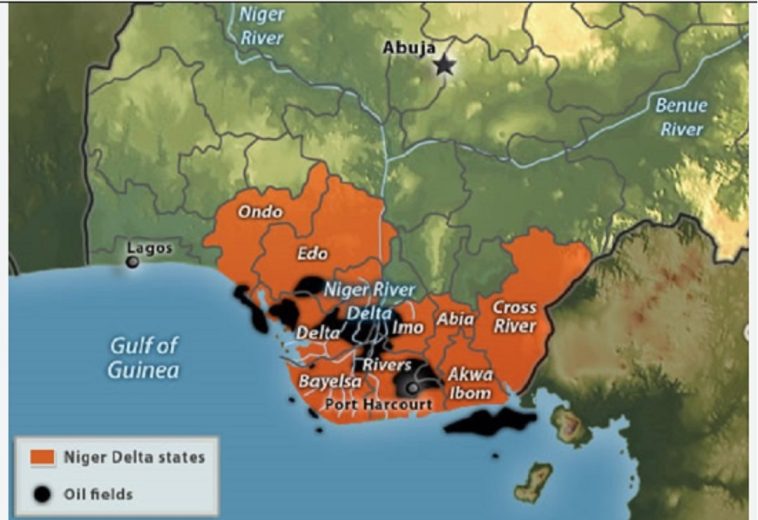The world is facing a mounting waste crisis, yet while some nations struggle to manage the challenge, others are pioneering solutions. Across Africa, countries like Rwanda, South Africa, Kenya, and Ethiopia have implemented transformative waste management policies, setting new global benchmarks. Meanwhile, the United States is grappling with an escalating waste disaster—overflowing landfills, a faltering recycling system, and an unsustainable reliance on foreign waste processing.
Can the U.S. learn from Africa’s bold initiatives? And what role should leadership play in steering the country toward a more sustainable future? This article explores the successes of African nations, the challenges facing America, and the critical policy shifts needed for lasting change.
Africa’s Success Stories in Waste Management
While Africa is often depicted as struggling with waste disposal, several nations have demonstrated that strong policies and leadership can drive real transformation.
Rwanda: A Clean Revolution Through Strict Plastic Bans
Rwanda has earned recognition as one of Africa’s cleanest nations, largely due to its progressive waste management policies. In 2008, the government imposed a nationwide ban on plastic bags, significantly reducing pollution and improving urban cleanliness. Coupled with rigorous enforcement and public education, Kigali now stands as one of the world’s cleanest capitals (UNEP, 2022).
South Africa: Building a Thriving Recycling Industry
South Africa boasts one of the continent’s most advanced recycling industries. Extensive waste separation programs, community-based recycling initiatives, and financial incentives for companies using recycled materials have driven up recycling rates and reduced landfill dependency (WWF, 2021).
Kenya: A Model for Plastic Waste Reduction
Following Rwanda’s lead, Kenya implemented a strict plastic ban in 2017, which led to cleaner streets, healthier ecosystems, and increased public awareness. The World Bank (2023) reports a significant decrease in plastic waste pollution, demonstrating the effectiveness of stringent regulations.
Ethiopia: Waste-to-Energy Innovation
Ethiopia has taken an innovative approach by converting waste into energy. The Reppie waste-to-energy plant processes 1,400 tonnes of waste daily, reducing landfill waste while providing a renewable energy source (African Development Bank, 2022).
These success stories demonstrate that with decisive leadership and strong policy direction, effective waste management is possible. Yet, while Africa takes bold steps, the U.S. remains entangled in a deepening waste crisis.
America’s Waste Management Crisis: The Urgent Need for Reform
Despite being one of the world’s most developed nations, the United States continues to struggle with waste management. The Environmental Protection Agency (EPA) reports the following alarming statistics:
- Total Waste Generated: 292 million tons annually (EPA, 2021)
- Recycling Rate: 32.1% (EPA, 2021)
- Landfilled Waste: 146 million tons (EPA, 2021)
- Plastic Waste Recycling Rate: 9% (National Waste & Recycling Association, 2022)
- Annual Plastic Waste Exported: 1.37 million tons (Greenpeace, 2023)
Adding to these challenges, China’s 2018 National Sword policy banned the import of contaminated foreign recyclables, disrupting the U.S. recycling market and increasing landfill dependency. Without urgent intervention, America risks further environmental degradation and economic inefficiencies.
I have outlined a roadmap for waste management in the U.S. To tackle the crisis, the U.S. must adopt a comprehensive strategy that prioritizes domestic recycling infrastructure, regulatory reform, and economic incentives as described below;
- Investing in Domestic Recycling Infrastructure
- Modernising recycling plants and developing waste-to-energy facilities can reduce reliance on landfills and foreign processing (Department of Energy, 2022).
- Strengthening waste-to-energy initiatives ensures that waste is repurposed rather than discarded (American Chemistry Council, 2023).
- Standardizing National Recycling Policies
- A unified national recycling framework can eliminate inconsistencies across states, streamlining waste processing (National Conference of State Legislatures, 2023).
- Improved regulatory oversight can reduce contamination in recyclable materials, increasing efficiency (EPA, 2022).
- Developing Markets for Recycled Materials
- Offering financial incentives to businesses prioritising recycled materials can stimulate a circular economy (U.S. Department of Commerce, 2023).
- Encouraging the use of recycled content in American-made products can reduce landfill dependency while boosting economic growth (Recycling Market Development Centre, 2022).
The Global Impact: Lessons and Leadership
If the U.S. strengthens its waste management system, it has an opportunity to collaborate with African nations and other global players in advancing sustainability. By sharing technology, policy frameworks, and investment strategies, America can contribute to a global movement toward effective waste reduction.
Global Waste Comparison (World Bank, 2022)
| Region | Annual Waste Generation (Million Tons) | Recycling Rate (%) |
| North America | 292 | 32.1 (EPA, 2021) |
| Europe | 250 | 45.0 (Eurostat, 2023) |
| Africa | 125 | 7.0 (UNEP, 2023) |
| Asia | 468 | 35.0 (Asian Development Bank, 2022) |
The U.S. waste crisis demands immediate attention. By investing in infrastructure, standardising regulations, and fostering innovation, America can transform its waste management challenges into economic and environmental opportunities. Some African nations have proven that strong leadership can drive meaningful change—now it’s time for the U.S. to rise to the challenge and take decisive action.
The question remains: Will the U.S. seize this moment and redefine its waste management legacy? The answer will shape the future of global sustainability for decades to come.


